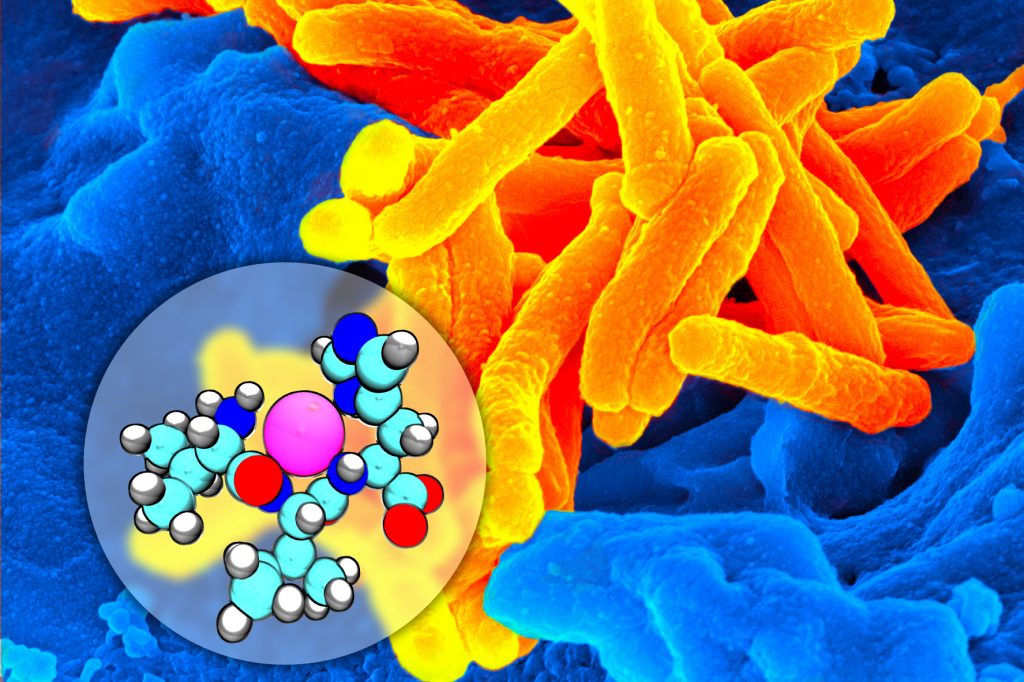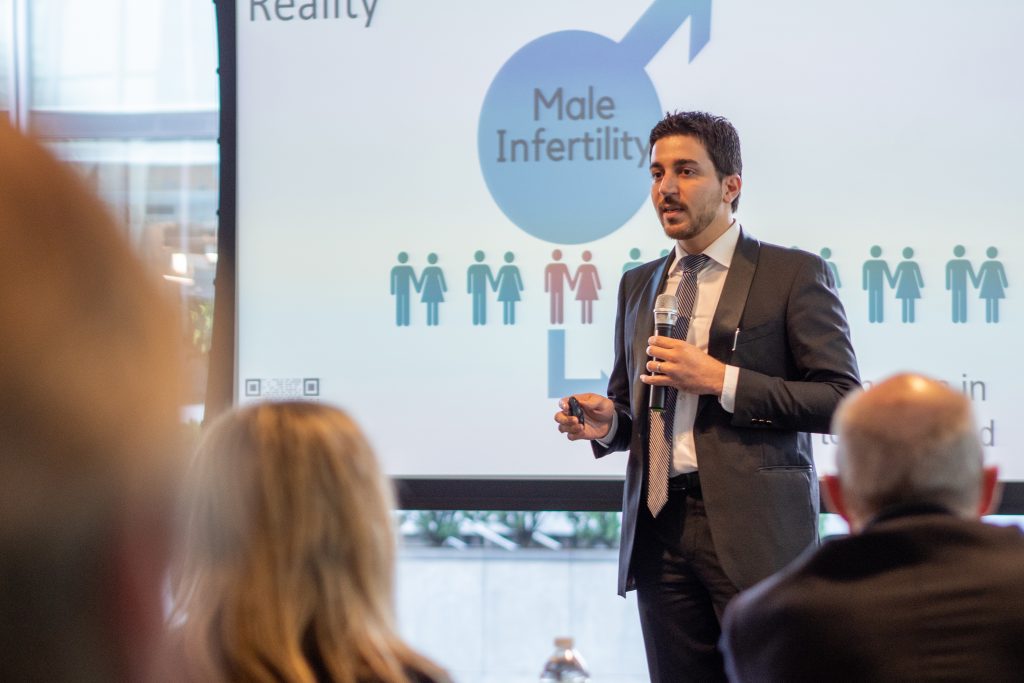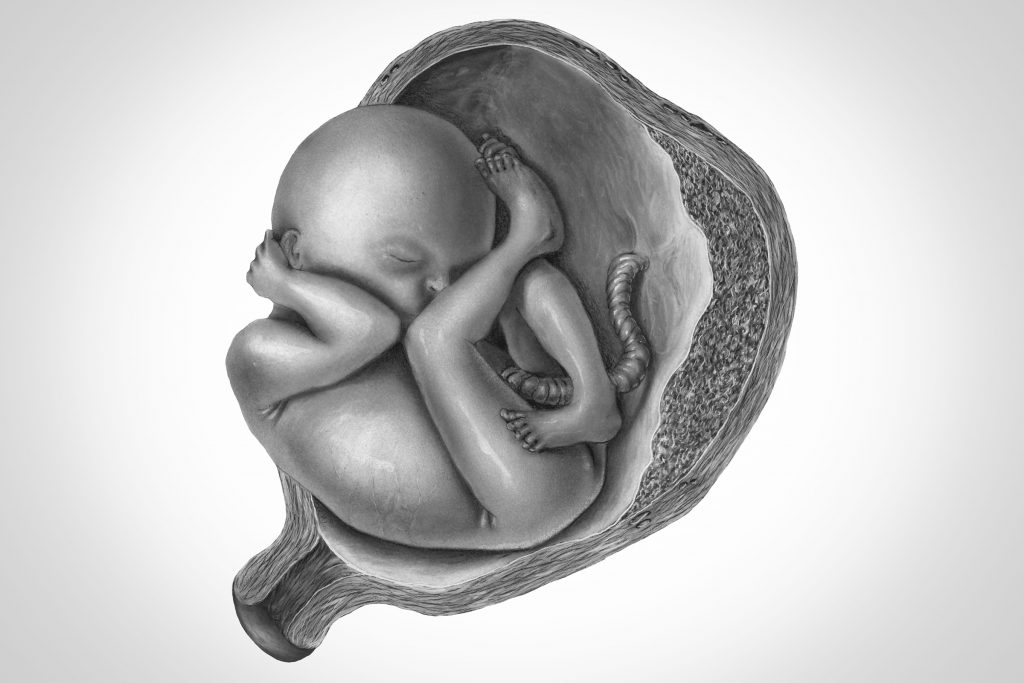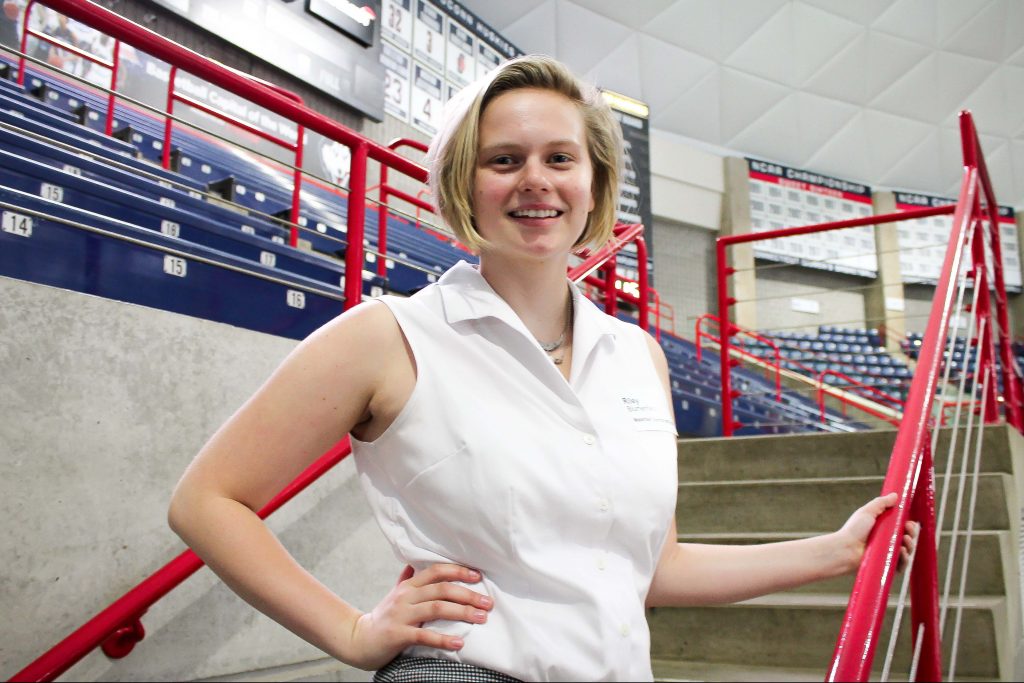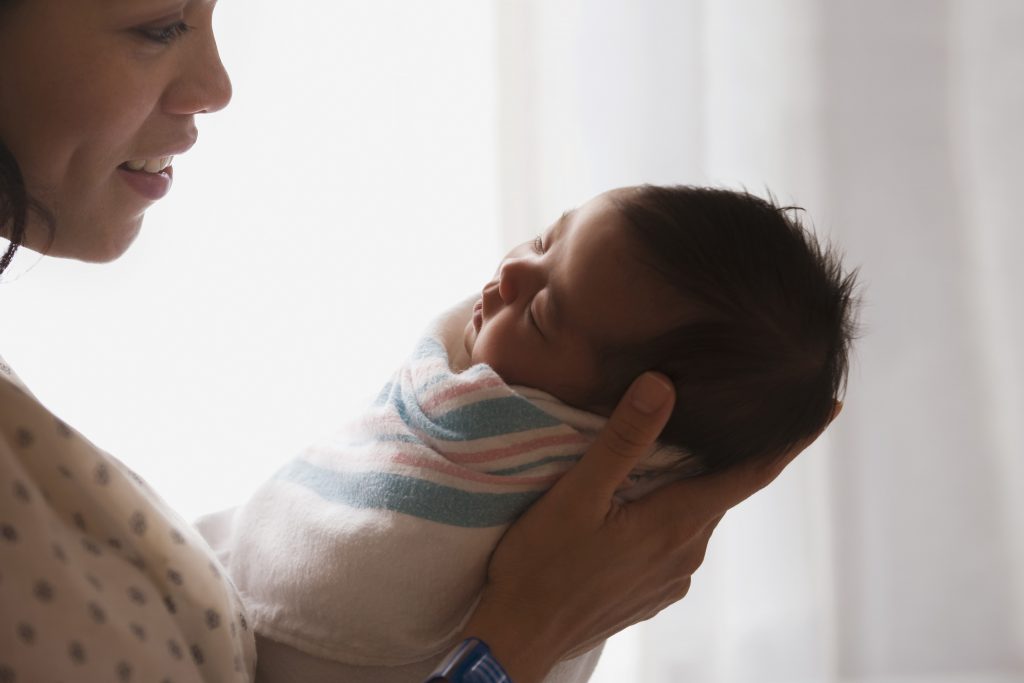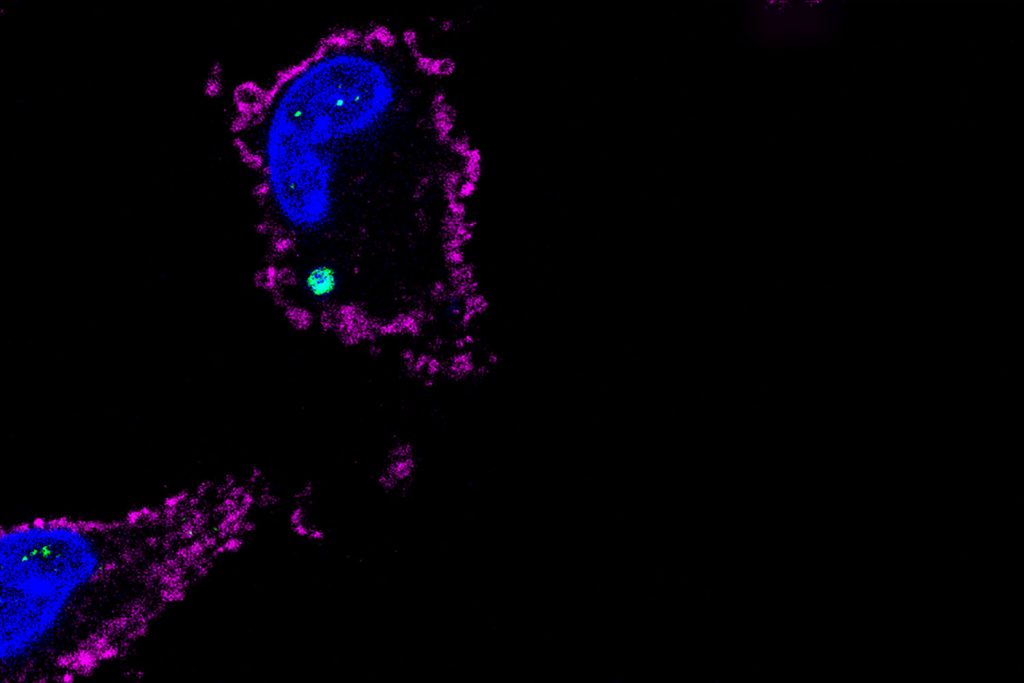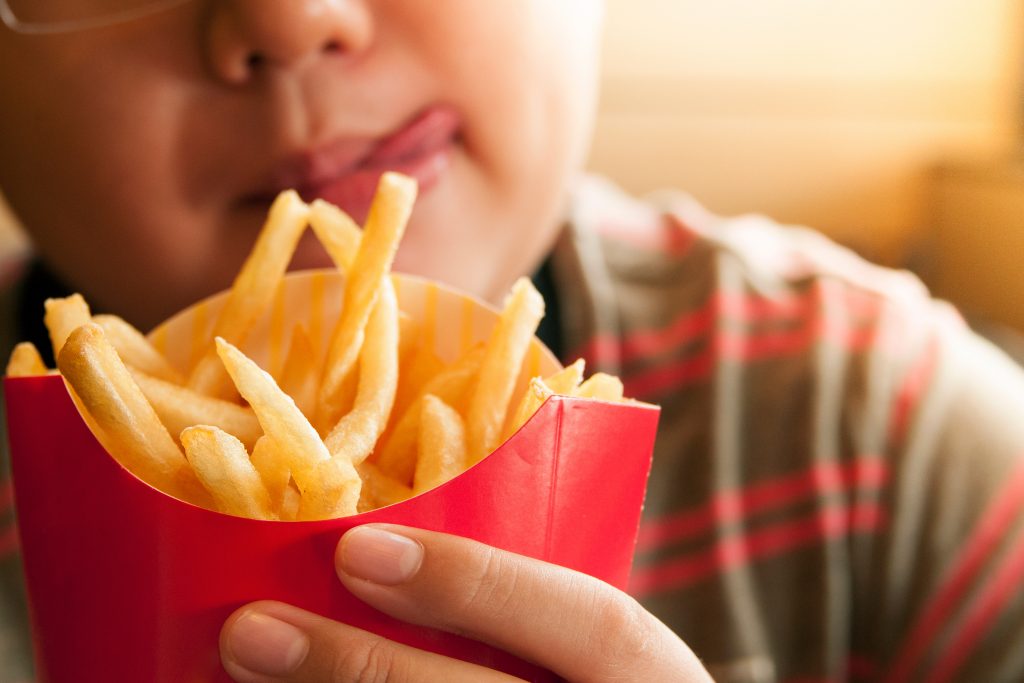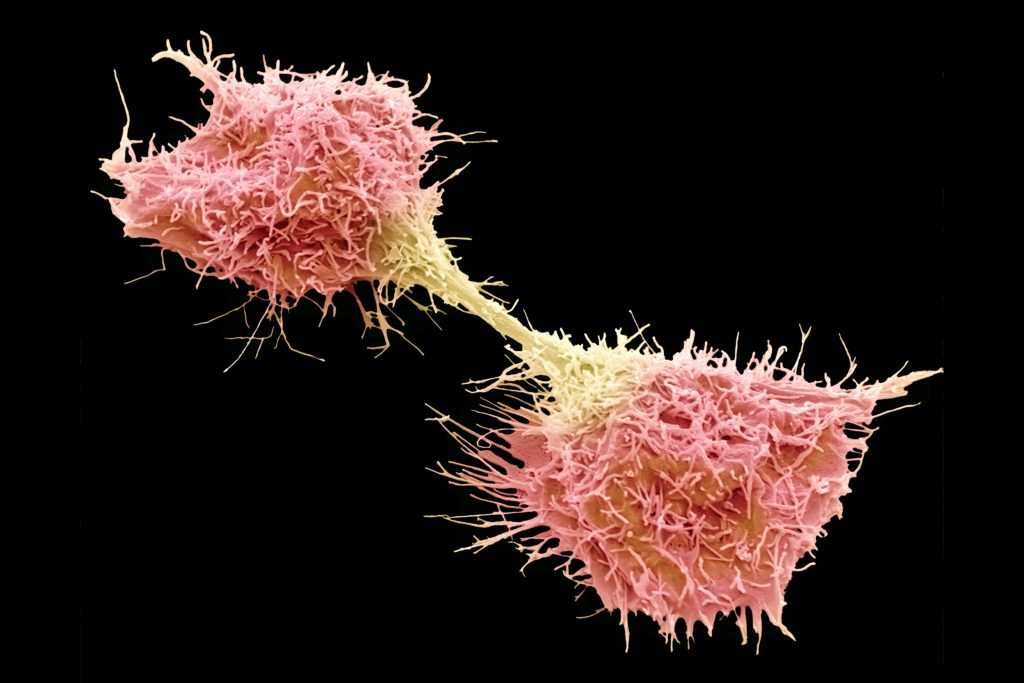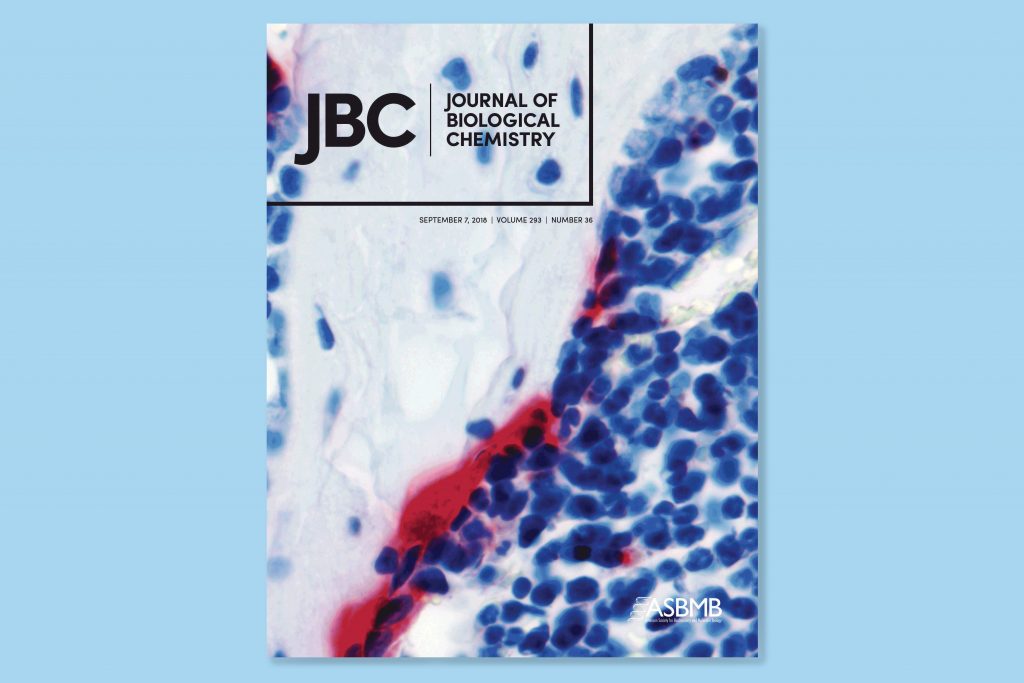Health & Well-Being
A Copper Bullet for Tuberculosis
In a new study, UConn chemists report a new antibiotic that can find and kill tuberculosis bacteria where they hide.
October 23, 2018 | Kim Krieger
Male Fertility Test Developers Win Venture Competition
Through the Wolff New Venture Competition, a pair of biomedical engineering doctoral candidates won $20,000 to further develop an in-home device to measure male fertility.
October 17, 2018 | Mike Enright '88 (CLAS), University Communications
Calm the Immune System, Halt Premature Birth
UConn Health researchers found that a drug that blocks the cytokine GM-CSF may reduce the number of preterm births.
October 12, 2018 | Kim Krieger
Making Research Connections at UConn
Riley Blumenfield, a materials science and engineering student, Honors Program STEM scholar, and president of engineering sorority Phi Sigma Rho came to UConn knowing she wanted to be involved with research, but she didn’t know where to start. After attending an annual event to expose undergrads to a host of opportunities, she not only found […]
October 10, 2018 | Carson Stifel ‘21 (CLAS), Office of the Vice President for Research
The Role of Feedback in Health Information Sharing
A new UConn study says sharing health information through social media can lead to improved health, but only if feedback is positive.
October 4, 2018 | Kenneth Best
Adding Context to ‘Breast is Best’
A new study suggests that, independent of breastfeeding, a range of factors influence infant health in the first year of life, and these need to be supported by social policies.
October 3, 2018 | Kenneth Best
Cell Death Protein also Damps Inflammation
A new study by UConn Health researchers shows how the body keeps inflammation in check, making double use of a protein previously thought to be responsible only for cell death.
October 1, 2018 | Kim Krieger
More Kids are Eating Fast Food – and Not the Healthy Options
A new UConn study shows that children are eating fast food more often. In 2016, 91 percent of parents bought fast food for a child, up from 79 percent in 2010.
September 27, 2018 | Combined Reports
Stopping the Resistance of Cancer Cells to Treatment
UConn researchers have discovered molecules that could make cancer cells more vulnerable to chemotherapy.
September 24, 2018 | Colin Poitras
When More Bone-making Cells Equal Less Bone
Researchers at UConn Health have shown how a mutated gene causes excess bone resorption in a rare bone disease known as Lehman Syndrome.
September 7, 2018 | Kim Krieger
